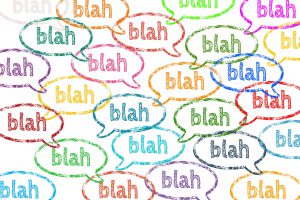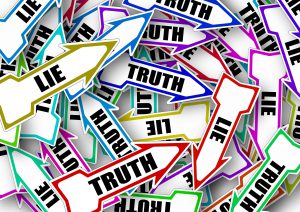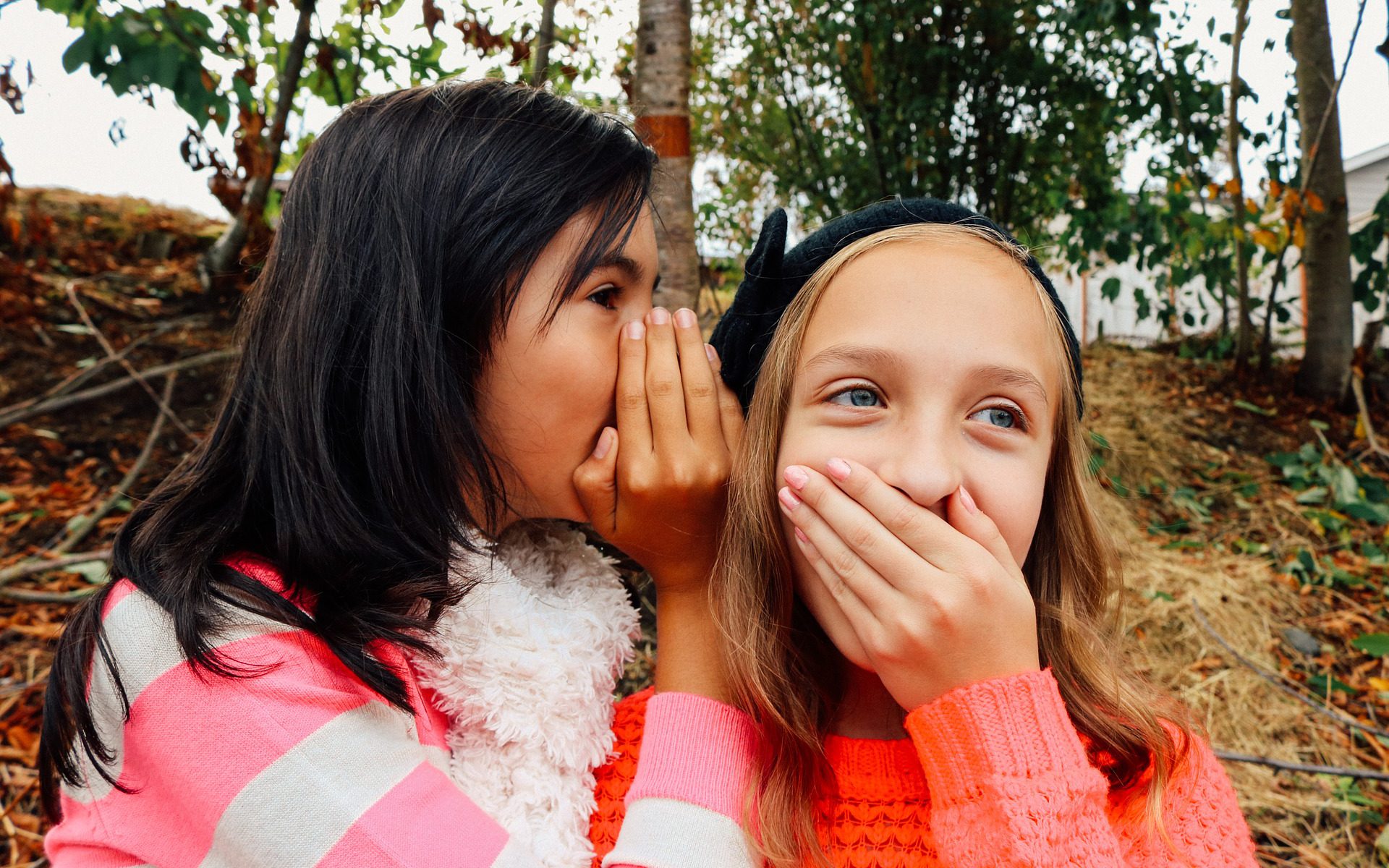What is Lashon Hara?
Lashon Hara can probably best be translated as ‘Negative Speech’. It is one of many laws and instructions in the Torah that deal with the way we speak and communicate with each other.
 Although there are numerous books and programs out there to encourage and inspire people to stop speaking Lashon Hara, and despite the fact that we understand how damaging it can be to others and to ourselves, our mouths remain one of our hardest organs to control.
Although there are numerous books and programs out there to encourage and inspire people to stop speaking Lashon Hara, and despite the fact that we understand how damaging it can be to others and to ourselves, our mouths remain one of our hardest organs to control.
Most people will grow up and stop punching others when they get angry, we will no longer kick down someone else’s tower because it is taller than ours, we have stopped pulling our sister’s hair because she took our teddy, but making harsh comments, talking about people negatively, shouting at our loved ones are habits that tend to persist throughout our lives.
The aim of this site is to provide ourselves and anyone who wants to join us with a forum for sharing our journey in improving our speech. We will share our successes and failures, discuss where and with what techniques we can improve and encourage each other along the way.
Of all the Jewish laws of speech, Lashon Hara is the most famous so it seems sensible to start there!
There are two main types of Lashon Hara: Derogatory Speech1 and Harmful Speech2
Derogatory Speech
 Derogatory speech is where a comment is made about someone that will lower that person in the eyes of the listener even if no harm is done3
Derogatory speech is where a comment is made about someone that will lower that person in the eyes of the listener even if no harm is done3
Sarah is speaking in confidence to her best friend Tania about the new girl in class.
“She keeps on asking the most stupid questions in class!”
Even though this conversation is being held in private between two close friends and it may well be that no harm will occur to the girl in question because of their conversation, it is still Lashon Hara as the actual comment is derogatory.
Harmful Speech
Harmful speech is where a comment is made about someone where there is a good chance that it will cause harm to that person, either physically, emotionally or financially2 .
Reuven met Shimon at a conference and told him that he recently interviewed one of Shimon’s employees for a possible job. Even though there is nothing derogatory about going for an interview and checking out prospective job options while still working for someone else, Shimon may now view his employee as disloyal and thereby treat him differently.
Even where no direct harm will be caused, since people talk and word gets around, the chances are high that someone will eventually hear and it will cause harm. In the example above where the two girls are talking, the chances are that eventually the ‘new girl’ will hear that people are talking negatively about her and this will cause her emotional pain. Therefore, even if what was being said was not intrinsically negative, it would still have the likely potential to be harmful and therefore should not be said.
But It’s True!
 Have you ever, very gently, pointed out to someone that they are speaking Lashon Hara? A very common self defense response from the speaker is, ‘But it’s true!’
Have you ever, very gently, pointed out to someone that they are speaking Lashon Hara? A very common self defense response from the speaker is, ‘But it’s true!’
In reality however, this doesn’t help in the slightest because the definition of Lashon Hara is that the negative or harmful information you are communicating is true! Lashon Hara that is a lie or partially untrue has its own name, it is called Motzi Shem Rah1 .
Motzi Shem Rah is worse than Lashon Hara, especially where the lie is carefully woven in with the truth to make it more believable. Nevertheless, Lashon Hara which is totally true is still extremely serious and destructive and the fact that it really happened doesn’t make it permissible to relate!
All Types Of Communication
The prohibition of Lashon Hara applies to all manner of communication, not just speech4 . Therefore writing a note, a tweet, an email, a comment on a website, making a face that shows what you think of a person or even pointing out something to someone that they would otherwise have missed are all examples of Lashon Hara5!
In the case above, if when the ‘new girl’ asks a stupid question in class, Sarah turns to Tania with a slight smirk on her face, or a slightly raised eyebrow, this is already Lashon Hara! The fact that the information was communicated in code makes no difference. The information was imparted, it was received and understood – it is therefore Lashon Hara!
What About The Listener?
 We may be thinking – Ok, I won’t speak Lashon Hara, but I can at least listen in to the latest juicy gossip!
We may be thinking – Ok, I won’t speak Lashon Hara, but I can at least listen in to the latest juicy gossip!
Sorry! Not only is one not allowed to speak Lashon Hara, one is also not allowed to listen to Lashon Hara either6!
This is a very basic overview of Lashon Hara. Over the next few weeks we hope to explore Lashon Hara in greater detail, look at some practical cases, share some personal struggles in this area and discuss tips and strategies for combating our natural habits! If you have an interesting Lashon Hara case or would like to share a personal battle you had to not say or listen to Lashon Hara please share it with us in the comments section below!
לע’נ הרב יוסף אליהו בן הרב מנחם יעקב

1. ח”ח הלה’ר כלל א’,הל’ א
2. ח”ח הלה’ר כלל ה’,הל’ ב
3. ח”ח הלה’ר כלל ג’,הל’ ו
4. ח”ח הלה’ר כלל א’,הל’ ח
5. ח”ח הלה’ר כלל א’,במ”ח יד
6. ח”ח הלה’ר כלל ו’,הל’ ב


I have inclination to speak negative when I don’t care about a person. How can I change this way? I know that GOD loves every person that He created.
Hi Luz, thanks for your question! You have pinpointed the exact problem with regards to Negative speech. When we really care about someone we wouldn’t think of speaking badly about them. Therefore the trick is to work on building up our care and love for everyone we meet. Try an experiment – for the next week, find something positive about three people you meet. Slowly, as we start to realize how special the people around us are, we will start to love them more and then be less likely to speak badly about them!